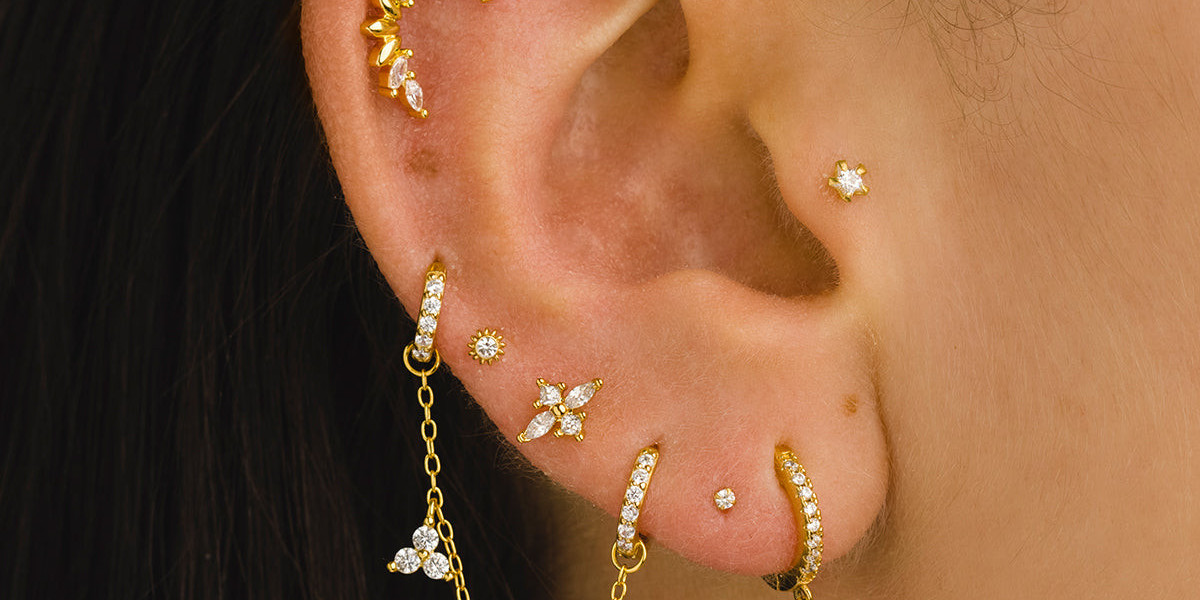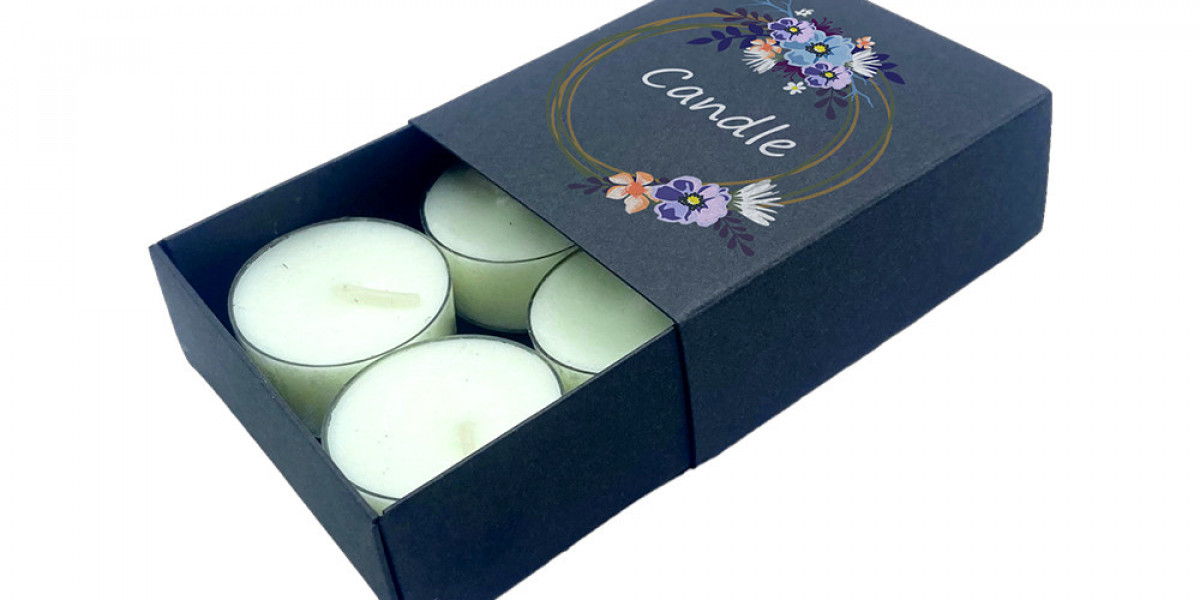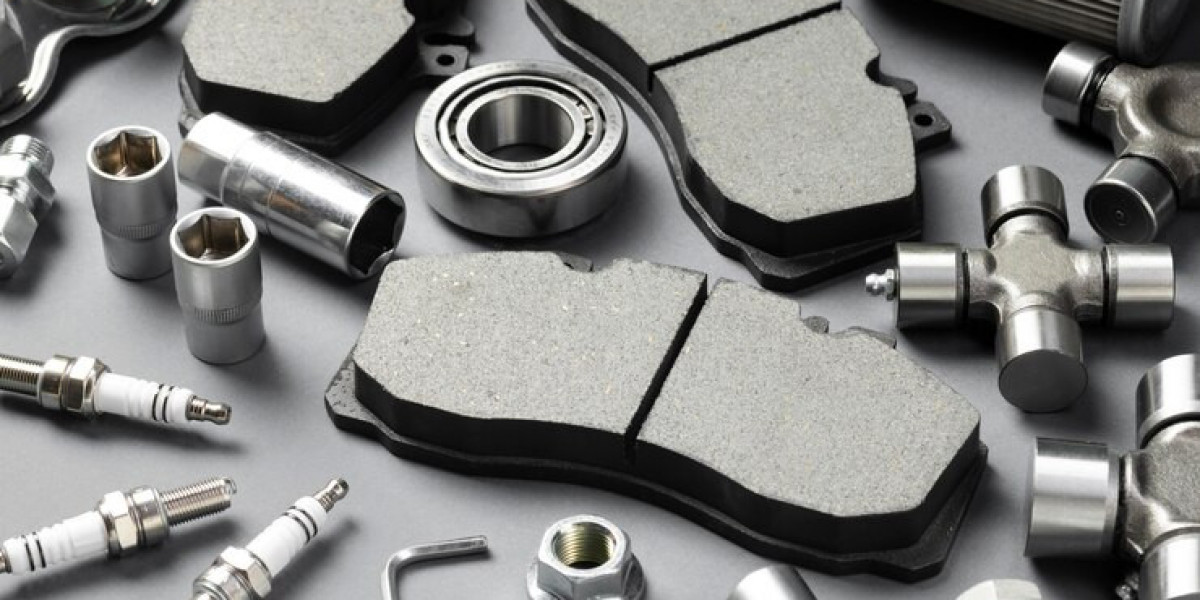Ear piercing is more than just a fashion statement; it’s a form of self-expression that transcends cultures and generations. In Dubai, where modern aesthetics meet traditional practices, ear piercing is highly popular. However, ensuring a safe experience is essential to avoid infections or complications. This article will guide you through the process, benefits, and essential infection prevention tips to ensure your Ear Piercing Dubai journey is safe and enjoyable.
The Ear Piercing Process: What to Expect
Getting your ears pierced involves more than just choosing the right earrings. Here’s an overview of the typical process:
- Consultation
- Before piercing, it’s important to discuss your preferences and medical history with the professional to avoid allergic reactions.
- Sterilization
- Reputable piercing centers use sterilized tools and follow strict hygiene protocols to minimize the risk of infections.
- Marking the Spot
- The professional marks the exact location for symmetry and precision.
- Piercing
- Using a sterile piercing gun or needle, the procedure is quick and relatively painless.
- Post-Piercing Care Guidance
- Clear instructions on aftercare are provided to promote healing and prevent complications.
Benefits of Ear Piercing in a Professional Setting
- Safety First
- Trained professionals follow hygiene standards and use sterilized equipment to ensure a safe experience.
- Proper Technique
- A professional piercing ensures precision and reduces the risk of uneven piercings.
- Comfort and Guidance
- Experts make the process as comfortable as possible while providing aftercare tips for smooth healing.
Top Tips to Prevent Ear Piercing Infections
Post-piercing care is crucial to avoid infections. Here are some expert-approved tips to keep your ears healthy:
1. Follow Proper Cleaning Practices
- Clean Daily: Gently clean the pierced area twice a day using a saline solution or a piercing care product recommended by professionals.
- Avoid Harsh Products: Steer clear of alcohol or hydrogen peroxide as they can irritate the skin.
2. Avoid Touching Your Piercing
- Touching your piercing with unclean hands introduces bacteria to the area. Always wash your hands before handling your earrings.
3. Choose the Right Earrings
- Opt for hypoallergenic materials like surgical-grade stainless steel, titanium, or gold to prevent allergic reactions.
4. Be Mindful of Healing Time
- Healing typically takes 6–8 weeks. Avoid removing or changing earrings during this period.
5. Avoid Water Exposure
- Refrain from swimming in pools or the sea, as bacteria in water can lead to infections.
6. Watch for Signs of Infection
- Redness, swelling, or discharge around the piercing site may indicate an infection. If symptoms persist, consult a healthcare professional.
Common Myths About Ear Piercing
Myth: Piercing guns are safer than needles.
- Fact: Needles are often safer as they create a clean hole, while piercing guns can cause tissue trauma.
Myth: Turning the earring prevents infections.
- Fact: Turning the earring can irritate the wound and delay healing.
Myth: Cleaning the piercing once a day is enough.
- Fact: Cleaning twice daily is recommended for optimal healing.
Post-Piercing Do’s and Don’ts
Do’s
- Follow the aftercare routine strictly.
- Use a clean cotton swab for applying cleaning solutions.
- Wear earrings continuously for the first 6–8 weeks to keep the hole open.
Don’ts
- Don’t sleep on the pierced side, as it can irritate the site.
- Avoid tight clothing around the Ear Piercing in Dubai to prevent accidental pulling.
- Stay away from cosmetic products like makeup and hair sprays near the piercing.
FAQs About Ear Piercing in Dubai
1. How do I choose a professional piercing center in Dubai?
- Look for licensed centers that prioritize hygiene and have trained staff. Read online reviews for credibility.
2. How long does it take for an ear piercing to heal?
- Earlobe piercings typically heal within 6–8 weeks, while cartilage piercings may take several months.
3. What should I do if my piercing becomes infected?
- Clean the area with saline solution and avoid removing the earring. If symptoms worsen, seek medical advice promptly.
4. Can I get my ears pierced if I have sensitive skin?
- Yes, but opt for hypoallergenic earrings made of titanium or medical-grade plastic to minimize allergic reactions.
5. When can I change my earrings after piercing?
- Wait at least 6 weeks for earlobe piercings and longer for cartilage piercings to ensure proper healing.
Conclusion
Ear piercing is a timeless accessory that adds charm and personality. However, the key to a positive experience lies in proper preparation, professional care, and diligent aftercare. By following these health tips, you can enjoy your new piercings without worrying about infections or complications.
Whether you’re getting your first piercing or adding to your collection, taking these steps will ensure your ear-piercing journey in Dubai is stylish, safe, and satisfying.










